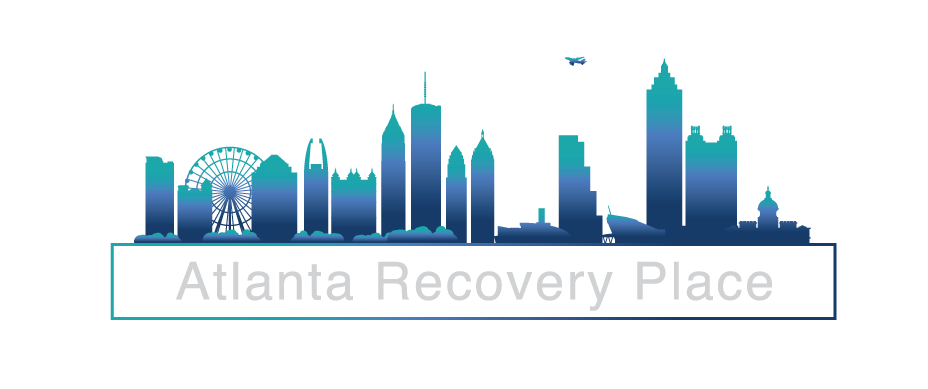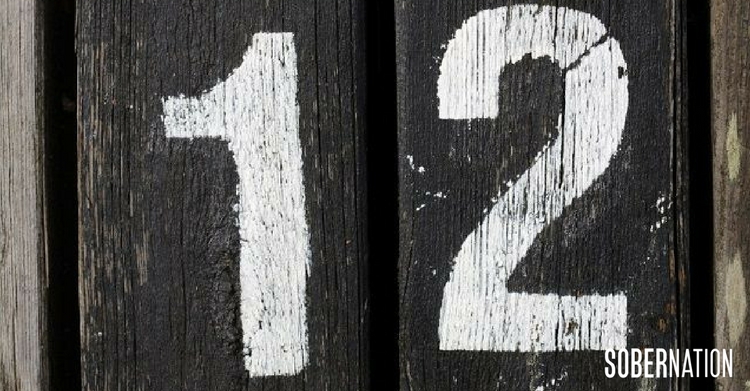The 12-steps. We’ve all heard of it at one point or another, but some of you may not know exactly what they are. Today, Atlanta Recovery Place would like to spend some time explaining what a 12-step fellowship is and how it’s effective in treating addiction. At our facility, we provide comprehensive addiction treatment and other services that help address the distinctive needs of each individual client.
What Is a 12-Step Fellowship Program?
A 12-step fellowship first started out as a religious addiction treatment program that helps recovering addicts through Christian inspiration to gain/achieve abstinence. Today, the basic idea of the 12-step fellowship is so that people can help each other maintain sobriety from substances or behaviors that they are addicted to, through support groups and 12-step meetings. To put it more simply, a 12-step therapy treatment program is a strategy that is designed for recovering addicts to become actively involved in a support group. Having the support from others is crucial in recovery. We feel that having a 12-step fellowship available during treatment is also important because it’s something our clients can continue to do after they leave. Recovery is a lifelong journey and doesn’t stop after someone leaves treatment.
What Are the 12 Steps?
Though not all addiction treatment facilities take advantage of the 12-steps, they do promote this 12-step method, especially after the clients finish their rehabilitation program and need to find support as they are trying to maintain/achieve sobriety. The 12-steps are as follows:
- Admitting powerlessness over the addiction.
- Believing that a higher power (in whatever form) can help.
- Deciding to turn control over to the higher power.
- Taking a personal inventory.
- Admitting to the higher power, oneself, and another person the wrongs done.
- Being ready to have the higher power correct any shortcomings in one’s character.
- Asking the higher power to remove those shortcomings.
- Making a list of wrongs done to others and being willing to make amends for those wrongs.
- Contacting those who have been hurt, unless doing so would harm the person.
- Continuing to take personal inventory and admitting when one is wrong.
- Seeking enlightenment and connection with the higher power via prayer and meditation.
- Carrying the message of the 12 Steps to others in need.
These 12-steps are very important in addiction recovery and treatment, and they have given some very promising results for our clients. The key to keeping up with these 12-steps is to find a community that will support you and keep you accountable throughout your recovery process.

How Do the 12-Steps Help in Addiction Recovery?
The 12-steps help in addiction recovery by assisting our clients in having the ability to recognize and admit that one is experiencing an addiction problem. This includes the realization that this addiction is a chronic disease and is very difficult to control by themselves. Clients should begin to understand willpower alone is not sufficient enough to overcome this addiction problem. By recognizing that they have an addiction problem, our clients start to understand that they need to surrender their control that they have over their addiction problem. This helps relieve stress and anxiety, which can prevent a future relapse. This surrender involves, in some cases, the client giving themselves to a higher power, and accepting fellowship and support that comes with meeting with other recovering addicts. Lastly, having active involvement in a 12-step meeting/setting is important in overcoming this addiction, surrendering the stress, and achieving sobriety. These 12-step treatment programs are efficient and successful in treating alcohol dependency and have been found to be a promising treatment in other addictive substances and behaviors.
Atlanta Recovery Place Can Help
Here at Atlanta Recovery Place, we want to help you have a successful recovery and maintain sobriety. If you or someone you know is struggling with addiction, please contact us today. There is no better time than now to start your community in building a better journey to recovery!





